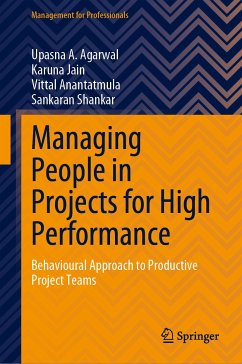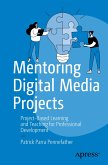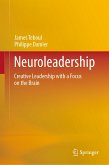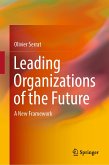This book examines practically useful management and people skills, and looks at competencies from the micro, meso, and macro- lens. At the micro- level, the book examines a range of competencies needed for managing oneself and others in a project environment, such as personality style, cognitive skills, communication skills, and emotional intelligence. The book will also includes discussion on strategies for managing emotions of self and others effectively. At the meso- level, the book discusses basic structure, characteristics, and importance of different types of teams such as virtual teams, project teams, domain specific teams, and heavy-weight teams in organizations to enhance productivity and delegate accountability. It also explores team processes, including structure, culture, supporting systems, performance and incentive systems, and their impact on team productivity. In addition, the book includes a discourse on skills to manage a multi-generational workforce (a combination of baby boomers, X and Y generation), a challenge faced by project managers in current scenario. Finally, at the macro- level, the book captures the role of culture in a project context; emerging leadership styles in projects, maintaining relationship with internal and external stakeholders; role of power, politics and influence in relationship building (social networks and social capital); and managing conflicts and negotiations.
The book presents ethical considerations in managing projects; relationship between projects and sustainability; societal responsibilities of projects; advantages and disadvantages of forms of control in projects (behaviour and outcome control). It is positioned primarily for practitioners although it is a relevant and useful resource and reference for academics and students of project management and management studies courses.
Dieser Download kann aus rechtlichen Gründen nur mit Rechnungsadresse in A, B, BG, CY, CZ, D, DK, EW, E, FIN, F, GR, HR, H, IRL, I, LT, L, LR, M, NL, PL, P, R, S, SLO, SK ausgeliefert werden.









